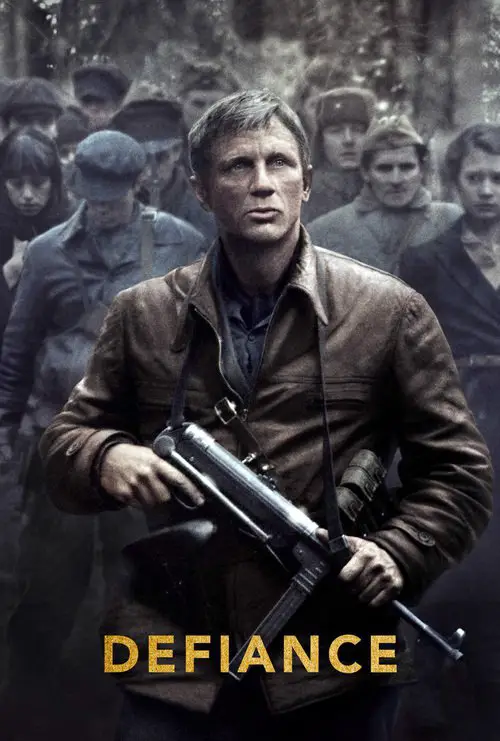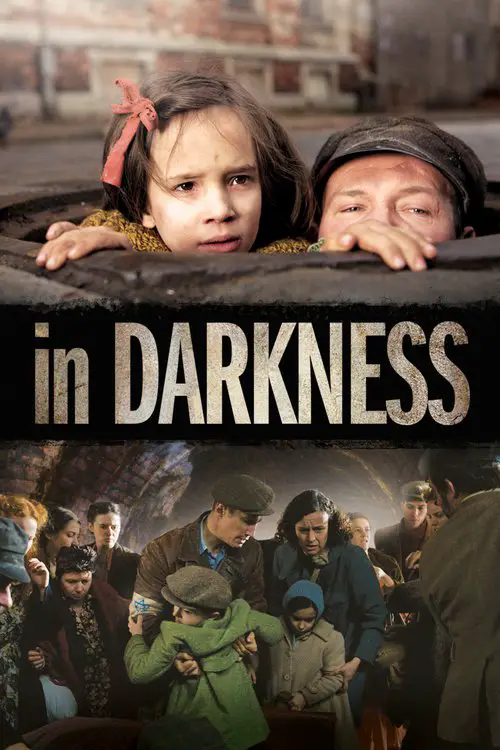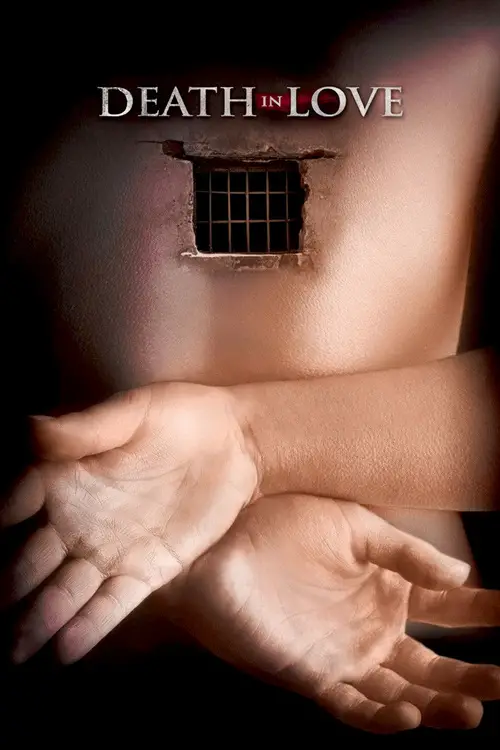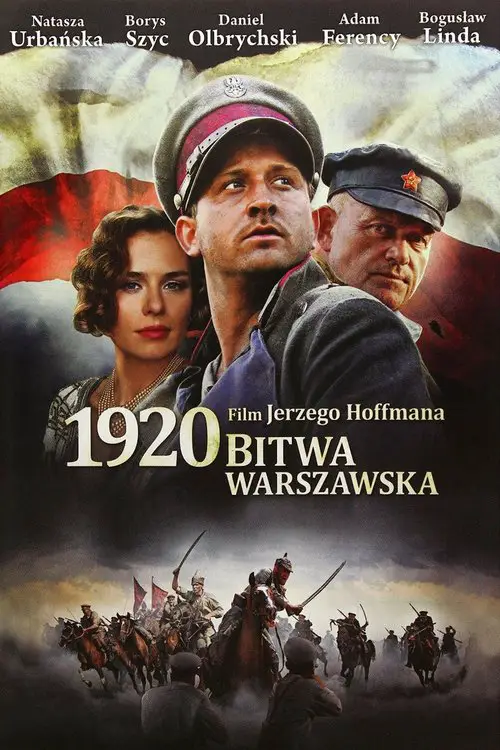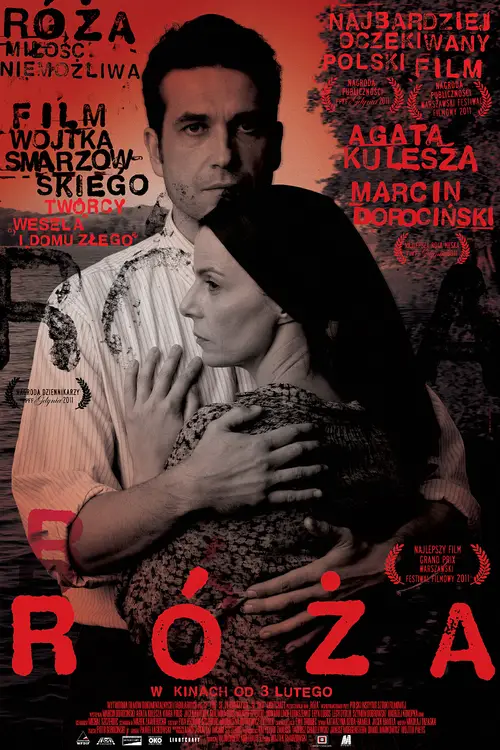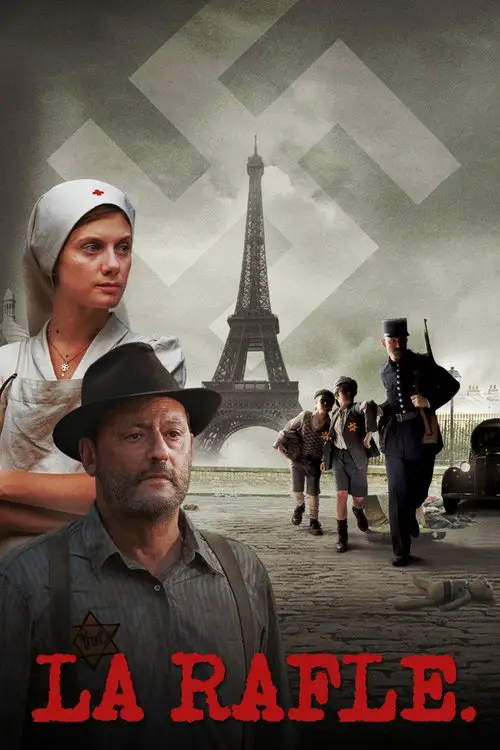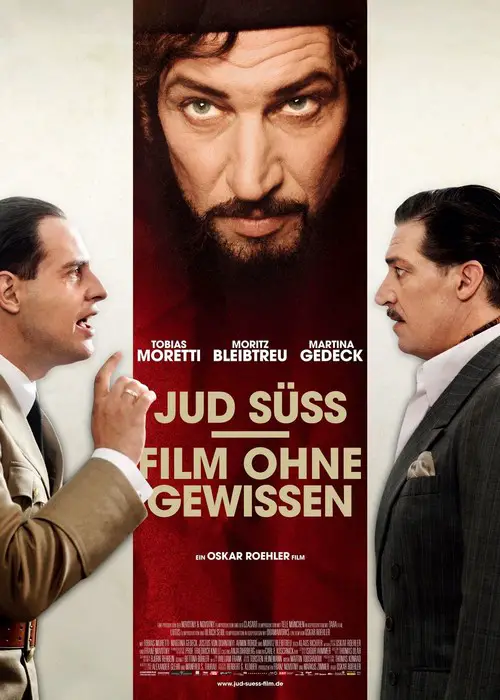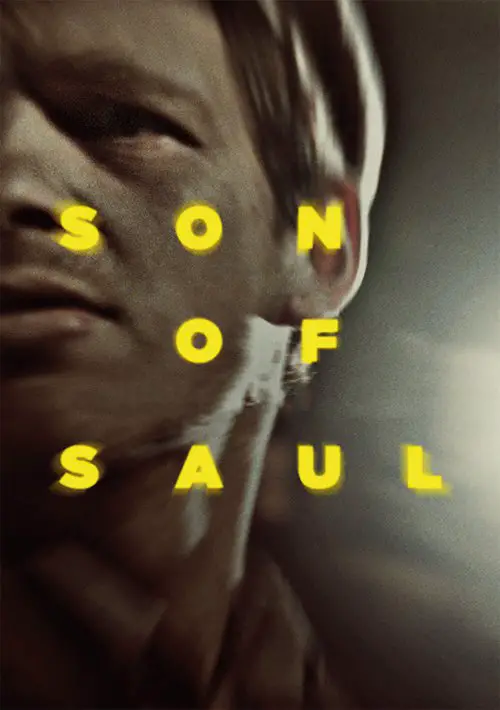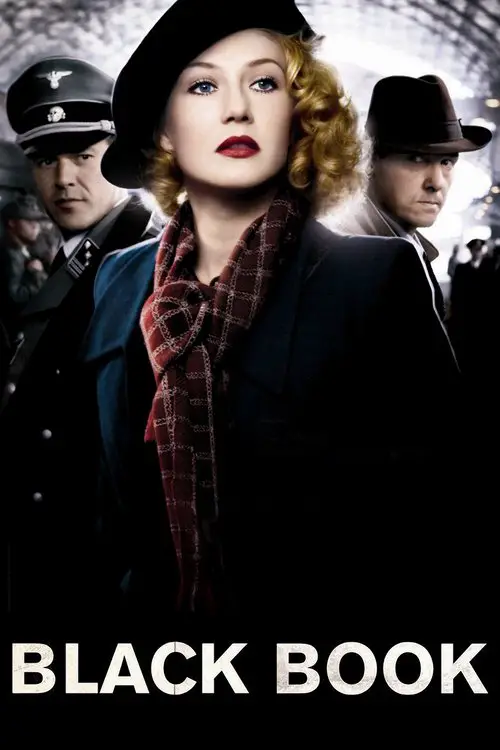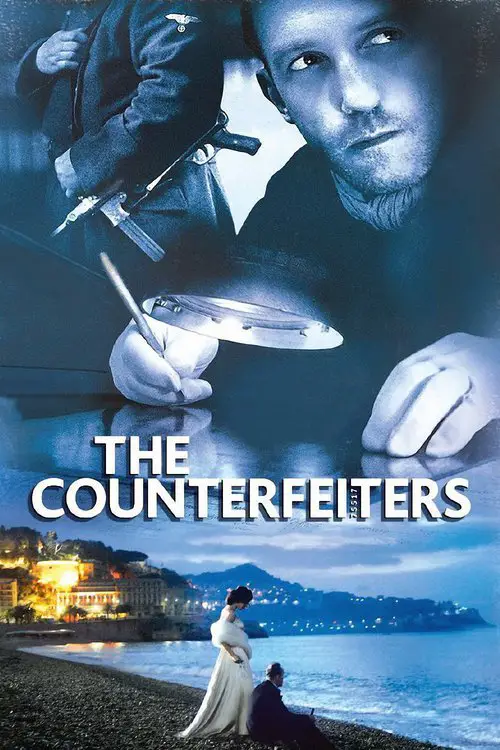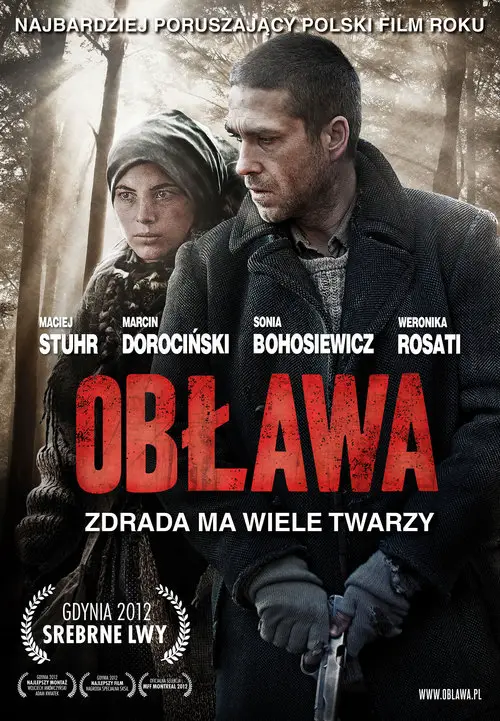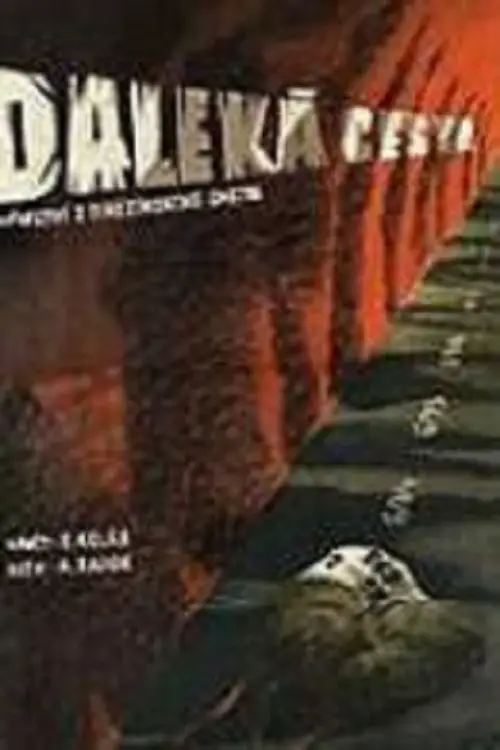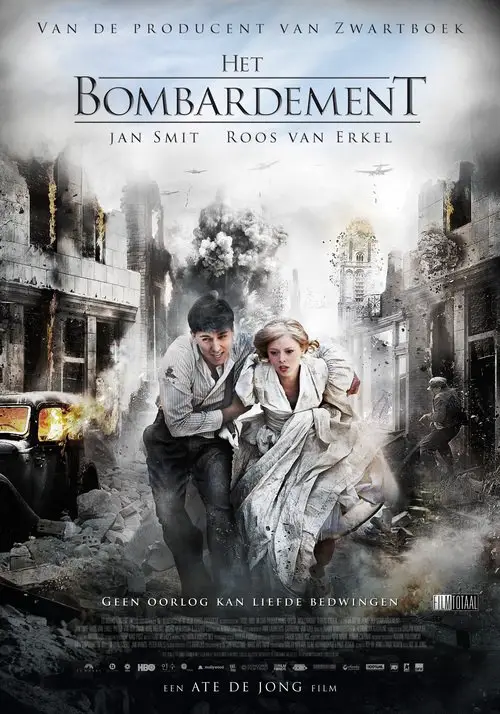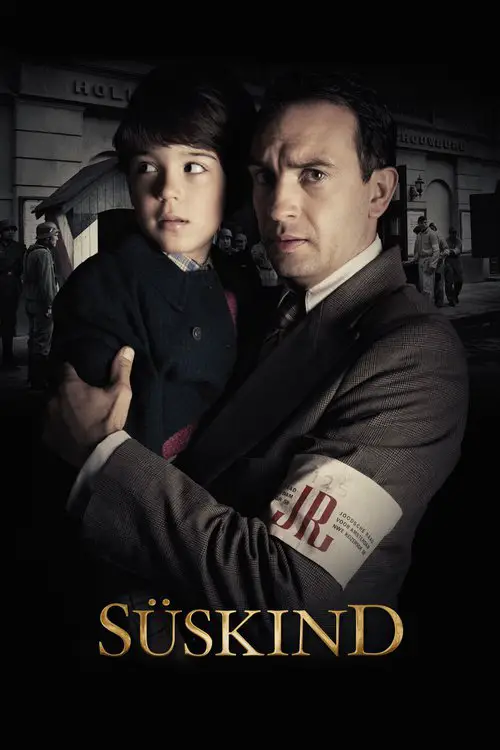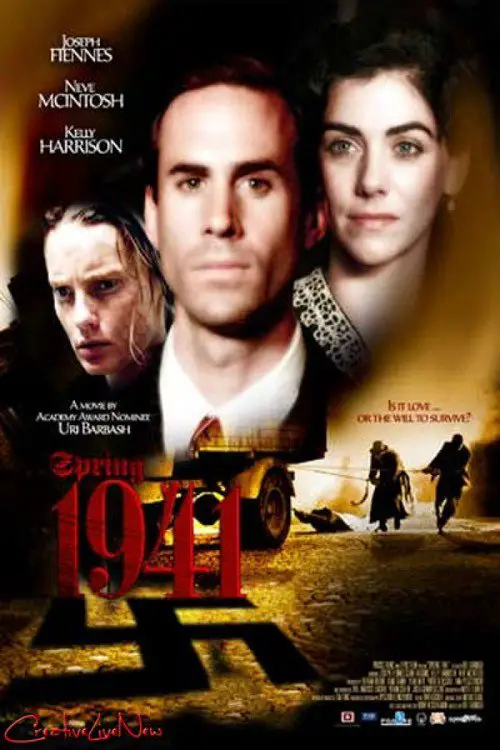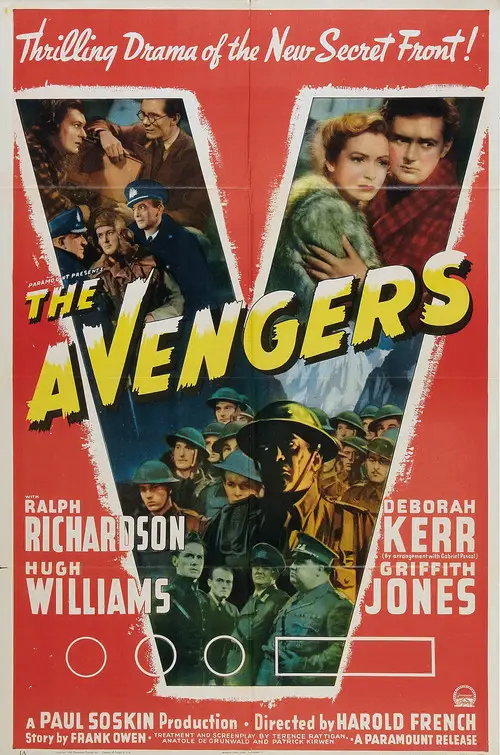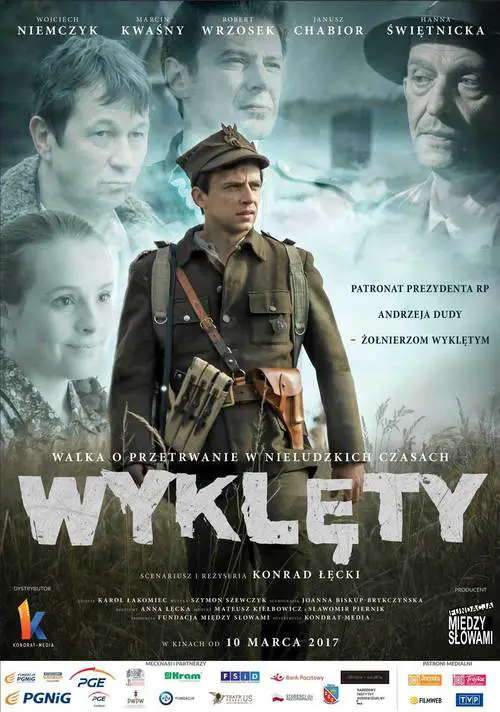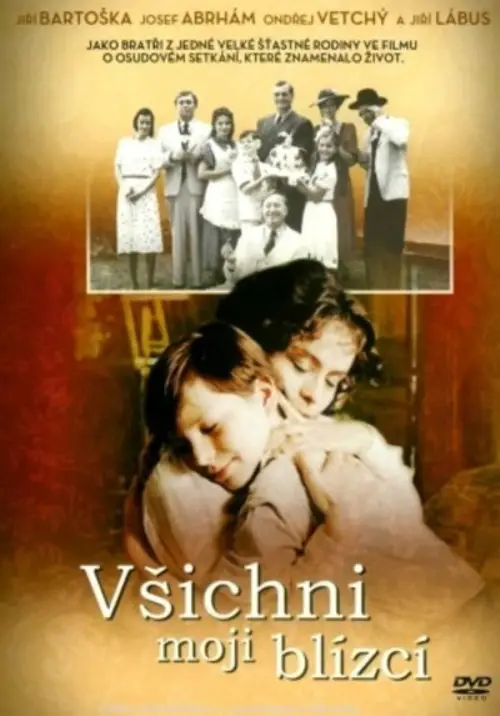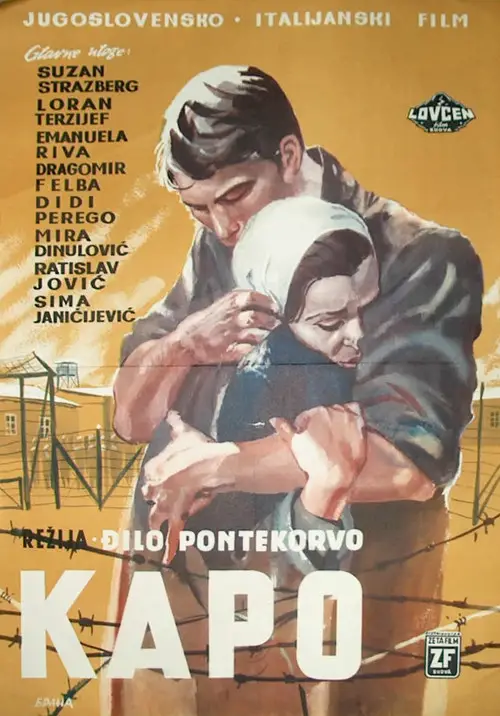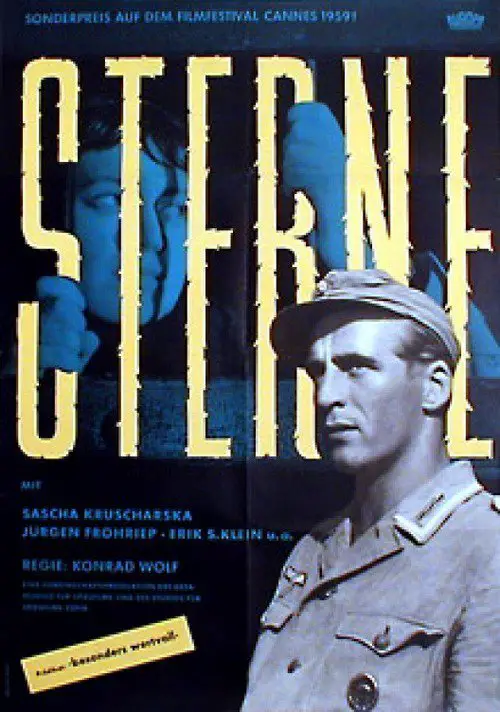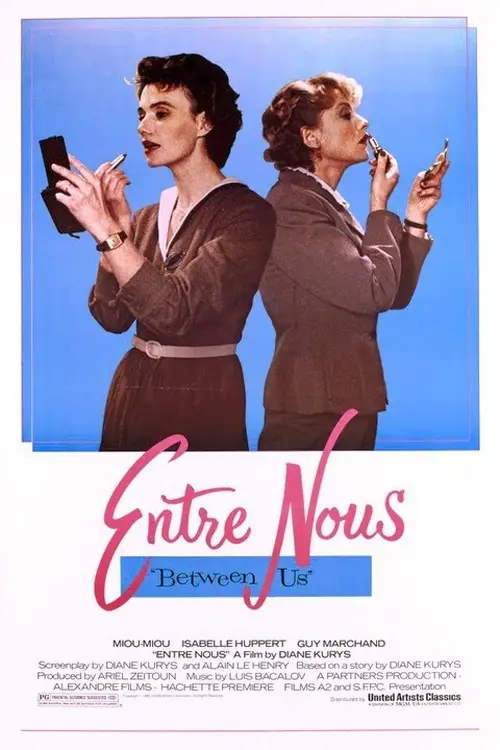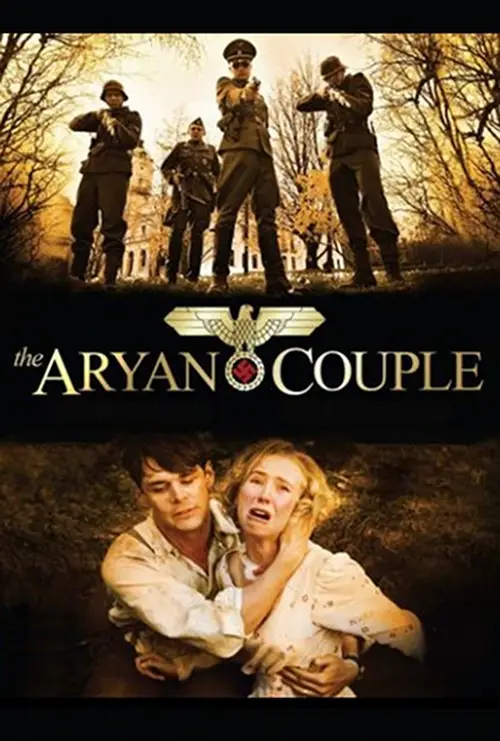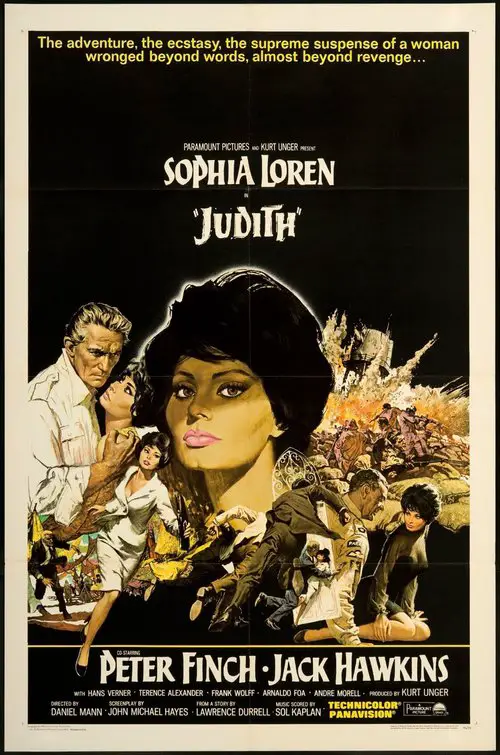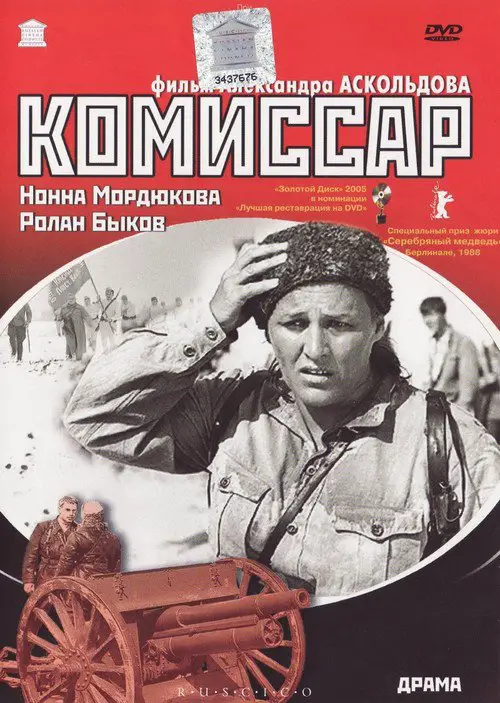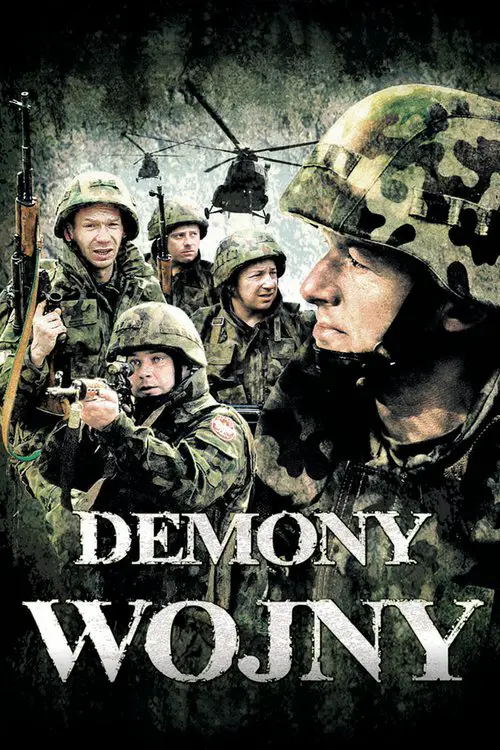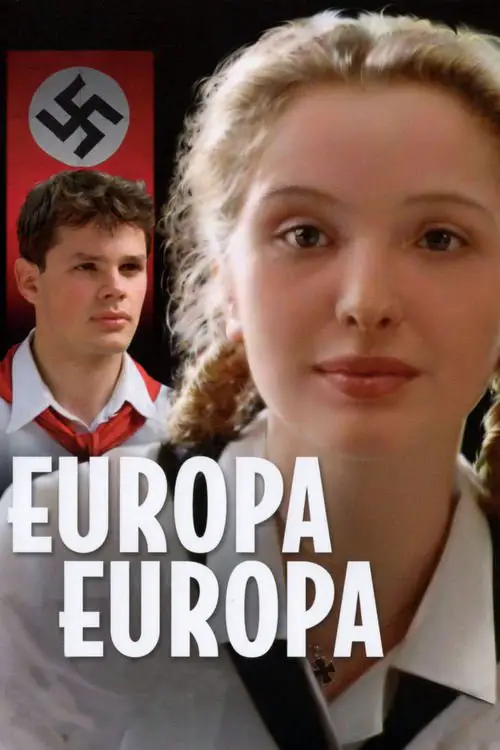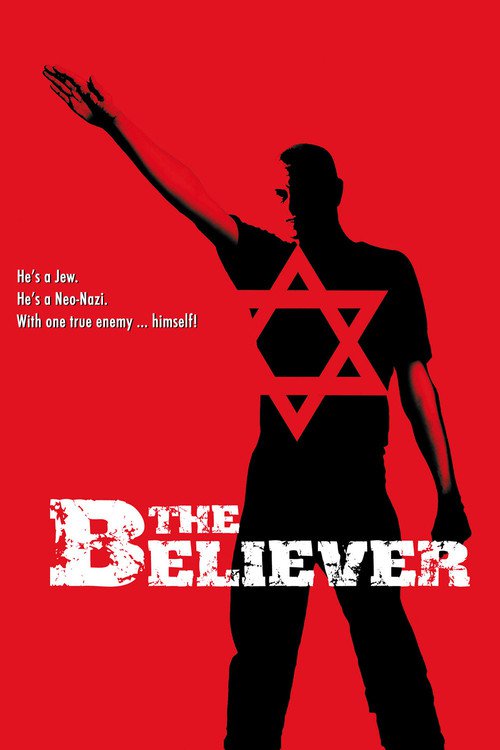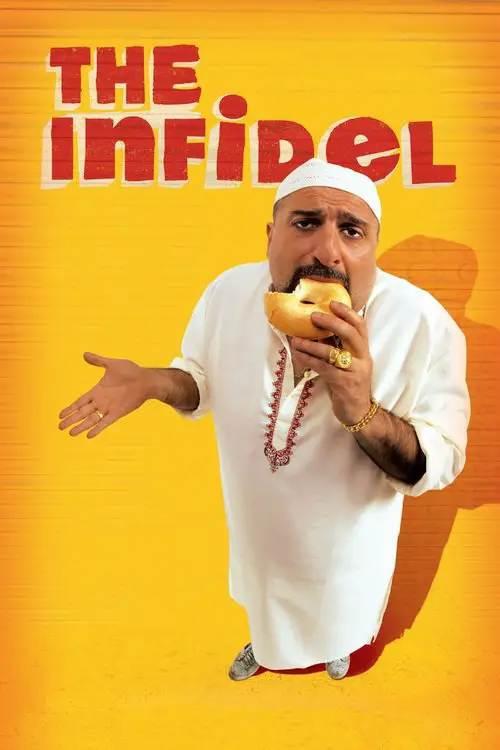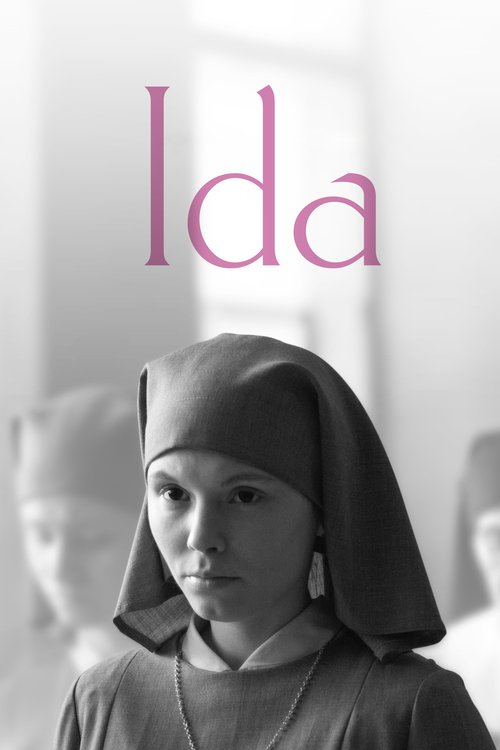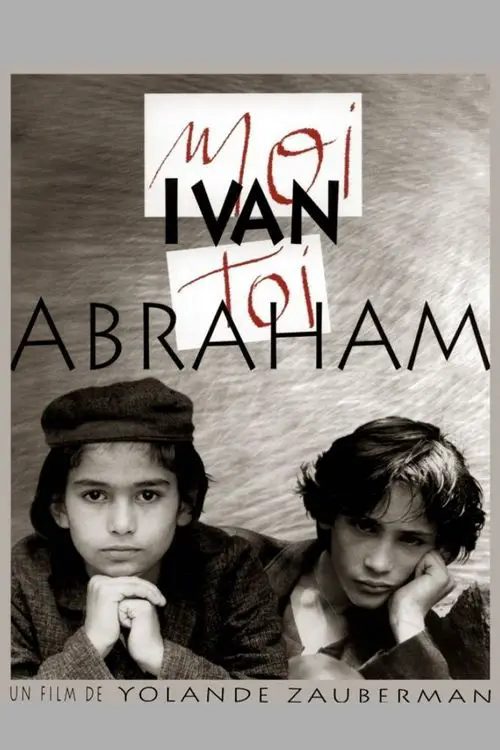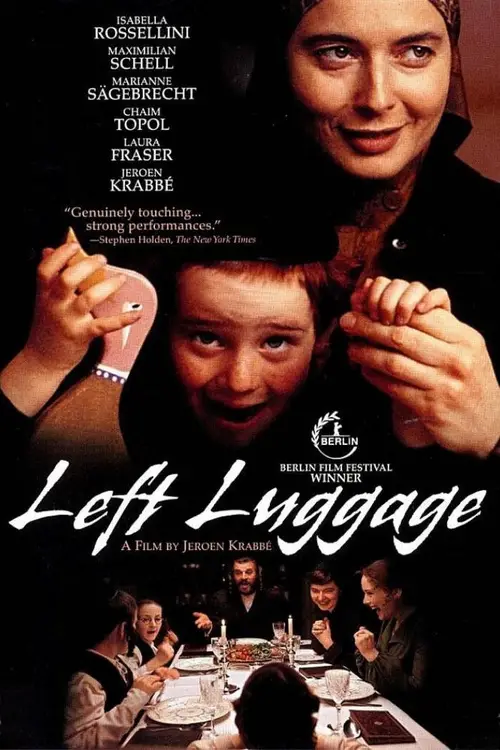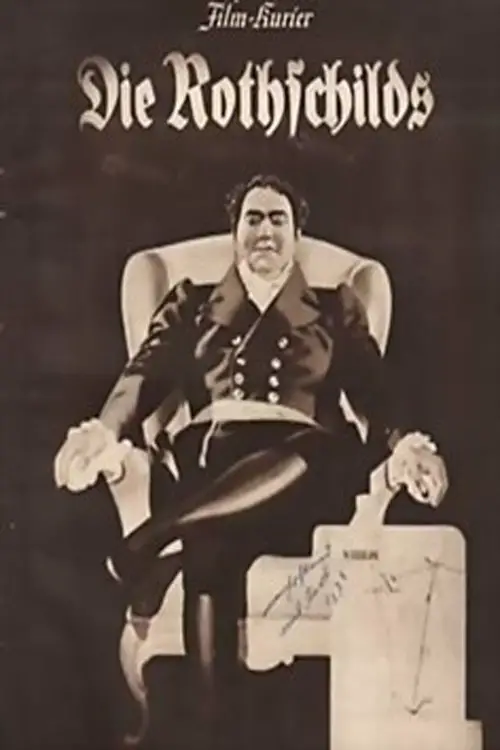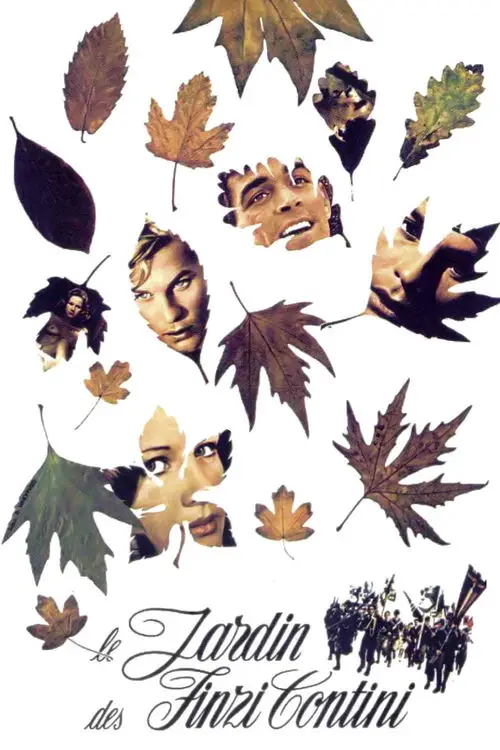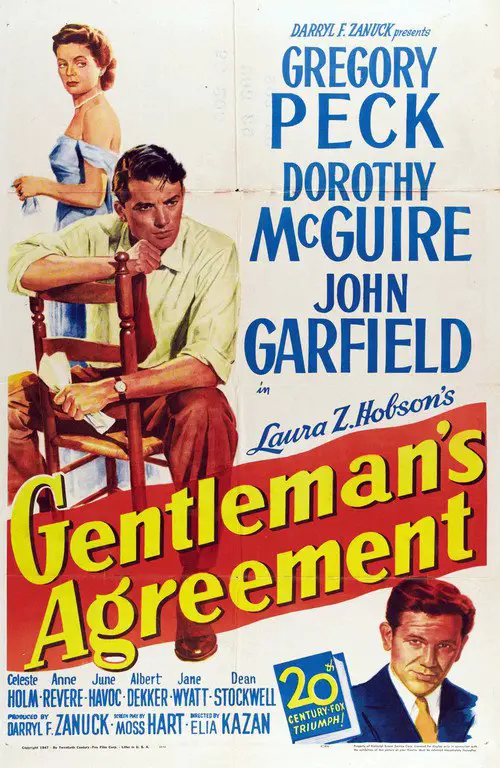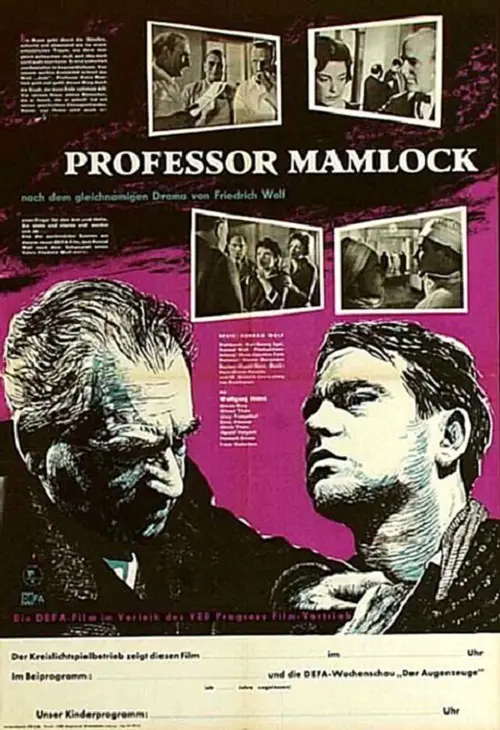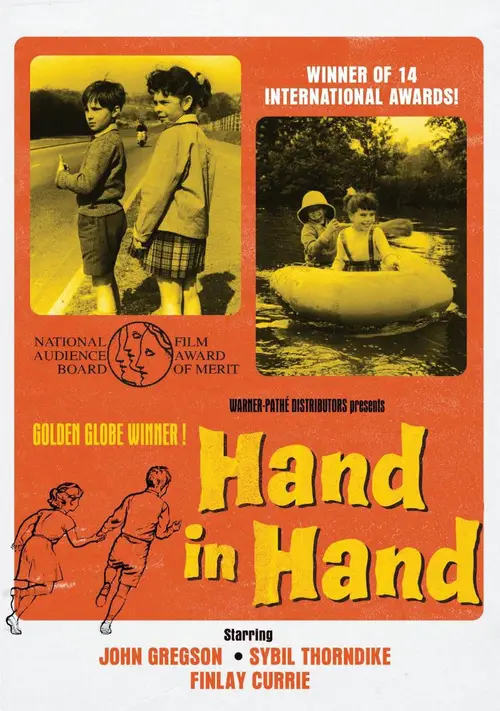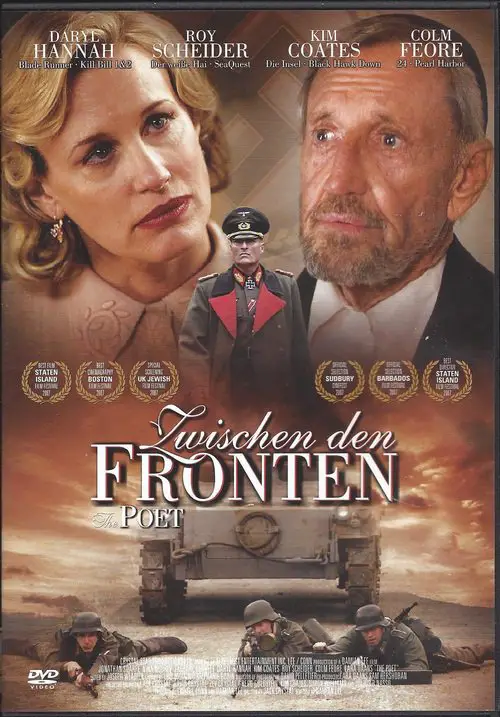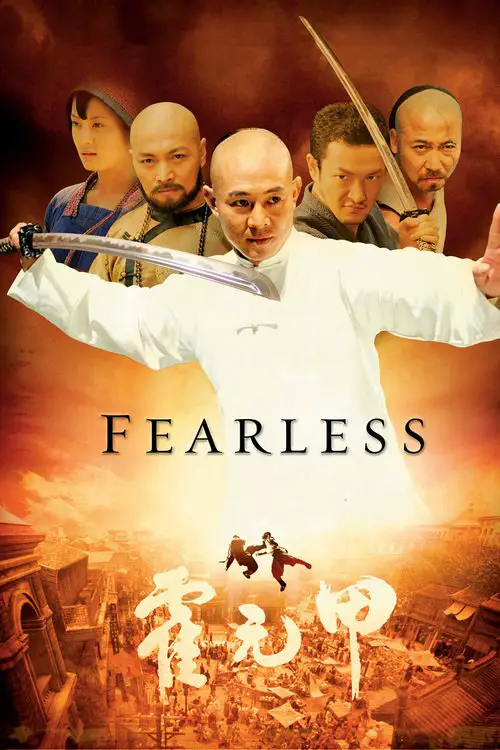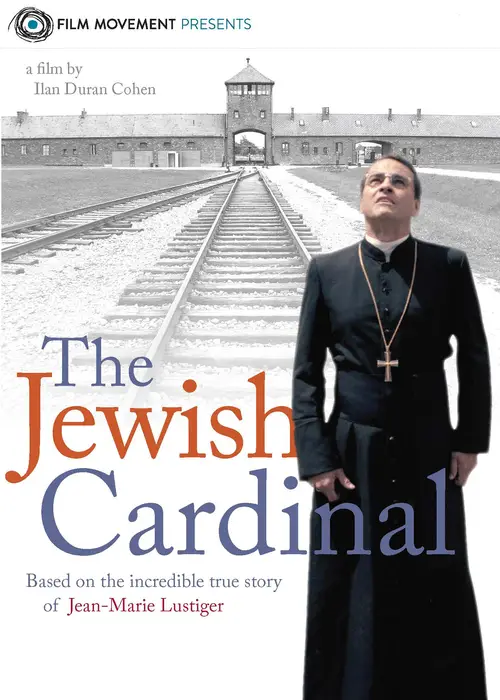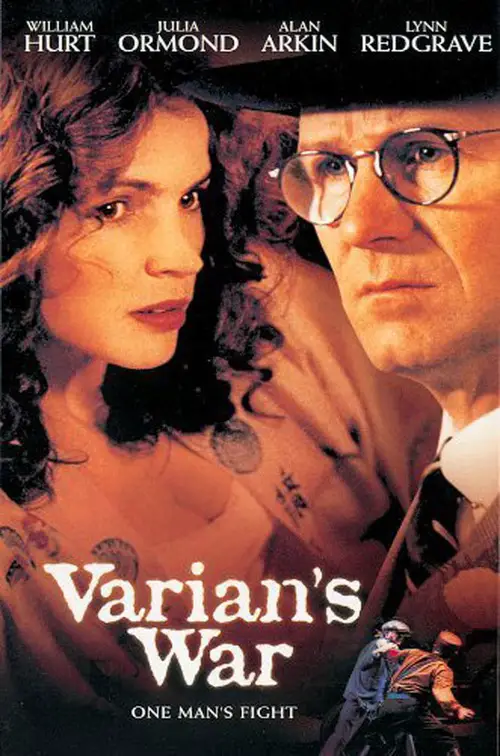Invincible (2001)
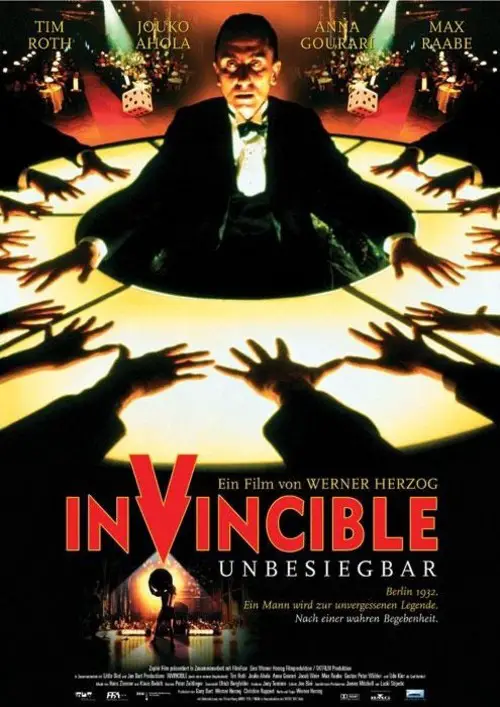
Similar movies
During WWII, the death camp at Treblinka had an escape, causing the Commandant at a similar camp in Sobibor to vow (actually threaten) that his camp would never experience the same thing. But those who were its captives, the Jewish laborers that had been spared from the ovens, knew that they were on borrowed time and that their only hope was to escape... the only question was how to do it. On October 14, 1943, members of the camp's underground resistance succeeded in covertly killing eleven German officers and a number of Ukrainian guards. Of the 600 inmates in the camp, roughly 300 escaped, although most were later re-captured and killed. The escape forced the Nazis to close the death camp, dismantling it and planting a forest.
A dramatization of one man's rescue of Jewish refugees in the Nazi-occupied Polish city of Lvov. In Darkness tells the true story of Leopold Soha who risks his own life to save a dozen people from certain death. Initially only interested in his own good, the thief and burglar hides Jewish refugees for 14 months in the sewers of the Nazi-occupied town of Lvov (former Poland).
The theme is the founding of the state of Israel. The action begins on a ship filled with Jewish immigrants bound for Israel who are being off loaded on Cyprus. An Intelligence officer succeeds in getting them back on board their ship only to have the harbor blocked by the British with whom they must negotiate. The second part deals with declaring independence and the resulting warring.
This harrowing tale of survival centers on Rose, a Masurian woman, whose German soldier husband was killed in the war, leaving her alone on their farm. A single woman had no defense against Russian soldiers who raped as a form of revenge, nor against plundering Poles who found themselves in desperate straits. Help arrives for Rose in the form of Tadeusz, a former officer in the Polish Home Army who deserted after he saw his wife raped and murdered by Russian troops and is attempting to hide his identity.
1942. Joseph is eleven. And this June morning, he must go to school, a yellow star sown on his chest. He receives the support of a goods dealer. The mockery of a baker. Between kindness and contempt, Jo, his Jewish friends, their families, learn of life in an occupied Paris, on the Butte Montmartre, where they've taken shelter. At least that's what they think, until that morning on July 16th 1942, when their fragile happiness is toppled over.
This intricate historical drama tells the story of actor Ferdinand Marian (Tobias Moretti), who is ordered by Nazi propagandist Joseph Goebbels to star in the 1940 anti-Semitic film Jew Suss. Despite his cooperation, Ferdinand's actions have unexpected costs. Ferdinand's Jewish wife, Anna (Martina Gedeck), is sent to a concentration camp, and as World War II intensifies, he rebels against the Nazis, leading to the destruction of his career.
Distant Journey follows Hana, a Jewish eye doctor who falls in love and marries a Gentile named TonÃk. Their simple love story becomes a nightmare when the government begins the systematized extermination of the Jews. Hana's family is transported to Theresienstadt, and the romance becomes a struggle for survival.
After Germany invades Poland and the Nazis order the confinement of all local Jews in the ghetto, medical doctor Artur Planck (Joseph Fiennes) manages to flee with his family, seeking refuge at the farm of Emilia (Kelly Harrison), their former grocer. With the Planck family hiding in her attic, Emilia finds her feelings for the physician growing stronger than she wants, or can control -- despite the dangers of the situation.
Five Jewish Hungarians, now U.S. citizens, tell their stories: before March, 1944, when Nazis began to exterminate Hungarian Jews, months in concentration camps, and visiting childhood homes more than 50 years later. An historian, a Sonderkommando, a doctor who experimented on Auschwitz prisoners, and US soldiers who were part of the liberation in April, 1945.
Horse race tipster and journalist Metcalfe is picked for the job of foreign correspondent in Norway when Hitler invades Poland. On the way to Norway his boat is attacked by a German U-Boat, however when he tells the navy about it they disbelief him and, to make matters worse, he is removed from his job. When German forces invade Norway, Metcalfe returns determined to uncover what is going on and stop the Germans in their tracks.
Polish historical drama written and directed by Konrad Lecki. Set in the 1940s, the film follows a small band of underground paramilitaries as they attempt to fight back against the Soviet-backed security ministry in post-war Poland. Determined to fight for their country's future, the group go to extreme lengths to make their voice heard. The cast includes Wojciech Niemczyk, Marcin Kwasny, Robert Wrzosek and Janusz Chabior.
Told from the perspective of man reflecting on his childhood in Prauge in the early years of World War 2 and the eventual destruction of his family as the Nazis rise to power. The storyline focuses heavily on Jewish-Czech Silberstein family members. Drama was filmed on the real events as a tribute to Mr. Nicholas Winton, the British humanitarian who organized the rescue of 669 children, most of them Jewish, from Czechoslovakia on the eve of the Second World War in an operation later known as the Czech Kindertransport from German-occupied Czechoslovakia and likely death in the Holocaust.
The movie describes the life of Adolf Hitler from childhood to manhood, and his rise to power. From his poor childhood in Austria, the first world war from his point of view, we see how Hitler was transformed from a poor soldier into the leader of the Nazis, and how he survived all attempts to kill him. We learn of his relationship with his mistress Eva Braun, his decisions and of his enemies inside the Nazi party.
World War II has long provided fodder for European filmmakers and East German director Konrad Wolf is no exception. In this uneven though at times compelling drama, he examines the conflict involved in a forbidden love. While the war is in full swing, a young German solder is assigned to a unit in charge of deporting Jews to the death camps. He falls in love with one of the Jewish women being deported, an impossible situation which he knows has no easy solution, if any. Alternately philosophical and at the end, at least, quite powerful, this film may still be too downbeat for most general audiences.
In 1942 in occupied France, a Jewish refugee marries a soldier to escape deportation to Germany. Meanwhile a wealthy art student loses her first husband to a stray Resistance bullet; at the Liberation she meets an actor, gets pregnant, and marries him. Lena and Madeleine meet at their children's school in Lyon in 1952 and the intensity of their relationship strains both their marriages to the breaking point.
A detachment of the Polish IFOR forces in Bosnia is led by Major Keller, who is being investigated for insubordination during a patrol in Srebrenica. The investigation is to be led by two arriving officers - Lieutenant Czacki and Major Kusz who will also replace Keller as CO. When the camp's RTO receives a communication from a downed Norwegian chopper, Keller ignores his standing orders and leads a platoon to rescue the crew.
Based in a London suburb Mahmud Nasir lives with his wife, Saamiya, and two children, Rashid and Nabi. His son plans to marry Uzma, the step-daughter of Egyptian-born Arshad Al-Masri, a so-called 'Hate Cleric' from Waziristan, Pakistan. Mahmud, who is not exactly a devout Muslim, he drinks alcohol, and does not pray five times, but does agree that he will appease Arshad, without whose approval the marriage cannot take place. Shortly thereafter Mahmud, while going over his recently deceased mother's documents, will find out that he was adopted, his birth parents were Jewish, and his name is actually Solly Shimshillewitz.
In 1944 Poland, a Jewish shop keeper named Jakob is summoned to ghetto headquarters after being caught out after curfew. While waiting for the German Kommondant, Jakob overhears a German radio broadcast about Russian troop movements. Returned to the ghetto, the shopkeeper shares his information with a friend and then rumors fly that there is a secret radio within the ghetto.
Poland, 1962. Anna is a novice, an orphan brought up by nuns in a convent. Before she takes her vows, she is determined to see Wanda, her only living relative. Wanda tells Anna that Anna is Jewish. Both women embark on a journey not only to discover their tragic family story, but who they really are and where they belong, questioning their religions and beliefs.
In 1930s Poland Christian boy Ivan goes to live with a Jewish family to learn a trade. He becomes friends with Abraham, the son of the family. However, anti-Semitism is rife in their environment, and they flee to escape an upcoming conflict. Journeying together, they demonstrate their inseparability.
When David Greene receives a football scholarship to a prestigious prep school in the 1950s, he feels pressure to hide the fact that he is Jewish from his classmates and teachers, fearing that they may be anti-Semitic. He quickly becomes the big man on campus thanks to his football skills, but when his Jewish background is discovered, his worst fears are realized and his friends turn on him with violent threats and public ridicule.
The story of an old Jewish widow named Daisy Werthan and her relationship with her colored chauffeur Hoke. From an initial mere work relationship grew in 25 years a strong friendship between the two very different characters in a time when those types of relationships where shunned upon. Oscar winning tragic comedy with a star-studded cast and based on a play of the same name by Alfred Uhry.
While escaping from Nazis during the WWII, a Jewish man dug suitcases full of things dear to his heart in the ground two. The war deprived him of his family, and afterwards he endlessly turns over the soil of Antwerp to find the suitcases, which makes him look obsessed. He keeps checking old maps and keeps digging, trying to find, in fact, those he lost. His daughter Chaya is a beautiful modern girl looking for a part-time job. She finds a place as a nanny in the strictly observant Chassidic family with many children, although her secular manners clearly fly in the face of many commandments. One of the reasons she is accepted is that mother of the family is absolutely overburdened by the household, so she stays despite the resistance of the father, normally - an indisputable authority in the family. She develops a special bond with the youngest of the boys, four-year old Simcha, so far incapable of speaking.
A film based on the semi-autobiographical novel of the same name by American writer Jonathan Safran Foer, in which a young Jewish American man endeavorsâwith the help of eccentric, distant relativesâto find the woman who saved his grandfather during World War II, in a Ukrainian village which was ultimately razed by the Nazis.
In late 1930s Ferrara, Italy, the Finzi-Continis are a leading family: wealthy, aristocratic, and urbane; they are also Jewish. Their adult children, Micol and Alberto, gather a diverse circle of friends for tennis and parties at their villa with its lovely grounds, and try to keep the rest of the world at bay. But tensions between them all grow as anti-Semitism rises in Fascist Italy, and even the Finzi-Continis will have to confront the Holocaust.
Philip Green is a highly respected writer who is recruited by a national magazine to write a series of articles on anti-Semitism in America. He's not too keen on the series, mostly because he's not sure how to tackle the subject. Then it dawns on him: if he was to pretend to all and sundry that he was Jewish, he could then experience the degree of racism and prejudice that exists and write his story from that perspective. It takes little time for him to experience bigotry. He soon learns the liberal-minded firm he works for doesn't hire Jews and that his own secretary changed her name and kept the fact that she is Jewish a secret from everyone. Green soon finds that he won't be invited to certain parties, that he cannot stay in so-called 'restricted' hotels and that his own son is called names in the street. His anger at the way he is treated also affects his relationship with Kathy Lacy, his publisher's niece and the person who suggested the series in the first place.
Professor Hans Mamlock is the distinguished chief of surgery in a university hospital. The year is 1933, and although the Professor is Jewish, he remains unconcerned with politics and the growing Nazi threat. Mamlock identifies strongly as a German, and he believes his culture to be simply incapable of the common barbarism associated with the Nazi party. Accordingly, he shows little understanding for people with strong or unpopular political views, such as Walter, a patient, and Rolf, his own son. Indeed, when Rolf joins the communists in resisting the Nazis, Mamlock throws him out of his house. As the persecution of Jews intensifies during the 1930s, Mamlock's own daughter is targeted for anti-Semitic attacks at her school...
The historical recreation of the 1942 Wannsee Conference, in which Nazi and SS leaders gathered in a Berlin suburb to discuss the "Final Solution to the Jewish Question". Lead by SS-General Reinhard Heydrich, this group of high ranking German officials came to the historic and far reaching decision that the Jews of Europe were to be exterminated in what would come to be known as the Holocaust.
Seven-year-olds Michael and Rachel are best friends who do everything together and who have vowed to remain friends "forever and ever and can't be parted for never and never." Unfortunately, the society that Michael and Rachel live in is one of religious intolerance. The fact that Michael is Irish Catholic and Rachel is Jewish is a point of conflict for just about everyone in the community. When the two young children are made aware of their ideological differences, it begins to tear apart their friendship, and they decide to test whose God is stronger. What they discover is that at the core, their religions really aren't that different from one another: both worship a God of love, not vengeance.
Huo Yuan Jia became the most famous martial arts fighter in all of China at the turn of the 20th Century. Huo faced personal tragedy but ultimately fought his way out of darkness, defining the true spirit of martial arts and also inspiring his nation. The son of a great fighter who didn't wish for his child to follow in his footsteps, Huo resolves to teach himself how to fight - and win.
The Jewish Cardinal tells the amazing true story of Jean-Marie Lustiger, the son of Polish-Jewish immigrants, who maintained his cultural identity as a Jew even after converting to Catholicism at a young age, and later joining the priesthood. Quickly rising within the ranks of the Church, Lustiger was appointed Archbishop of Paris by Pope John Paul IIâand found a new platform to celebrate his dual identity as a Catholic Jew, earning him both friends and enemies from either group. When Carmelite nuns settle down to build a convent within the cursed walls of Auschwitz, Lustiger finds himself a mediator between the two communitiesâand he may be forced, at last, to choose his side.
© Valossa 2015–2025
| Privacy Policy
